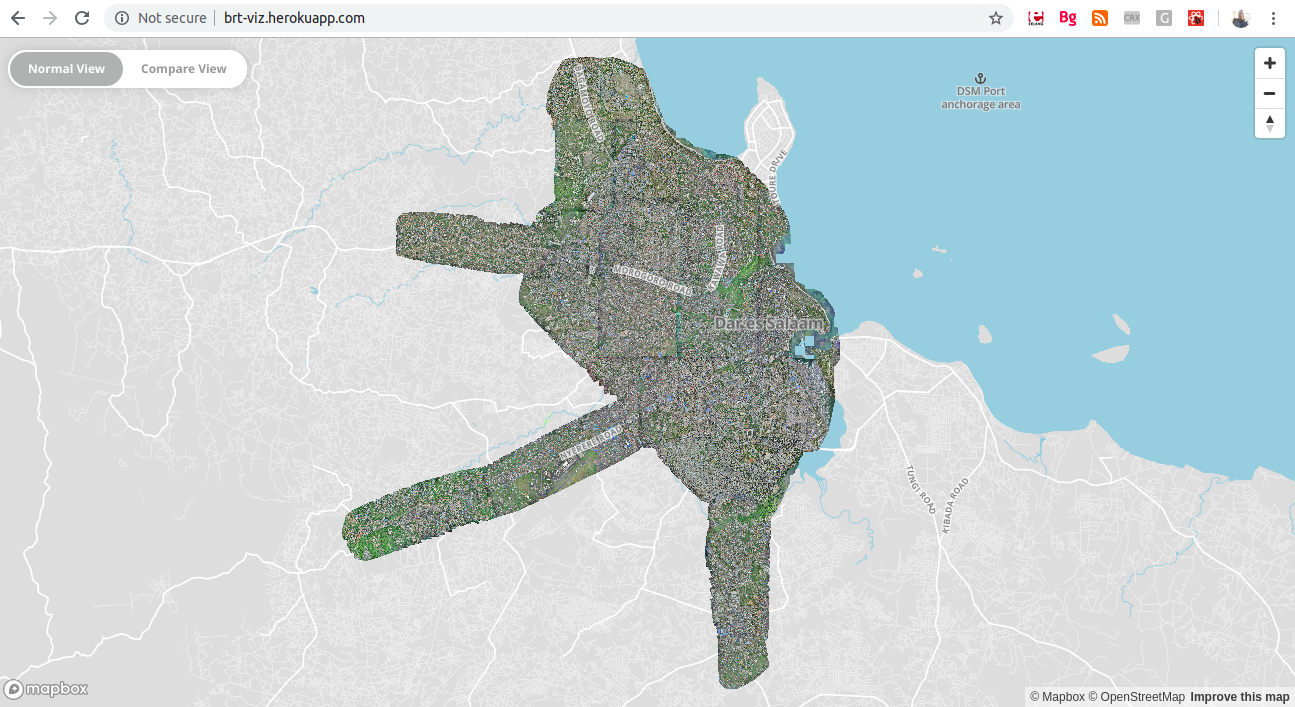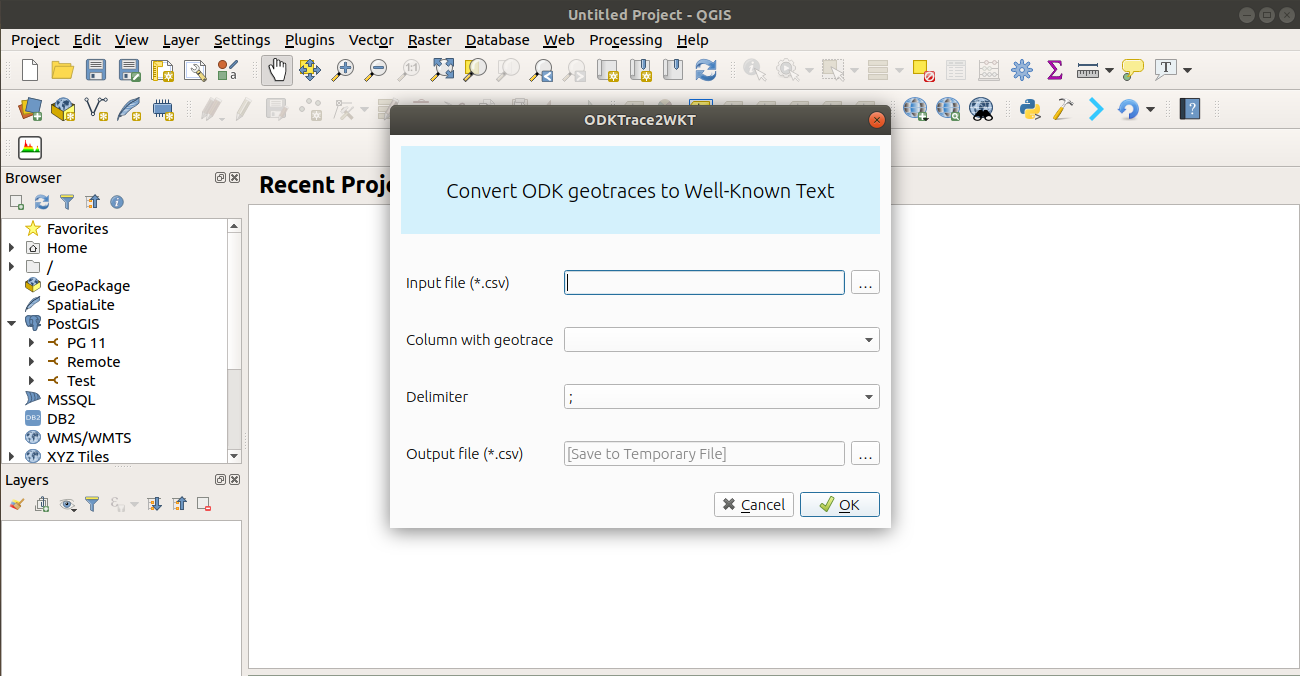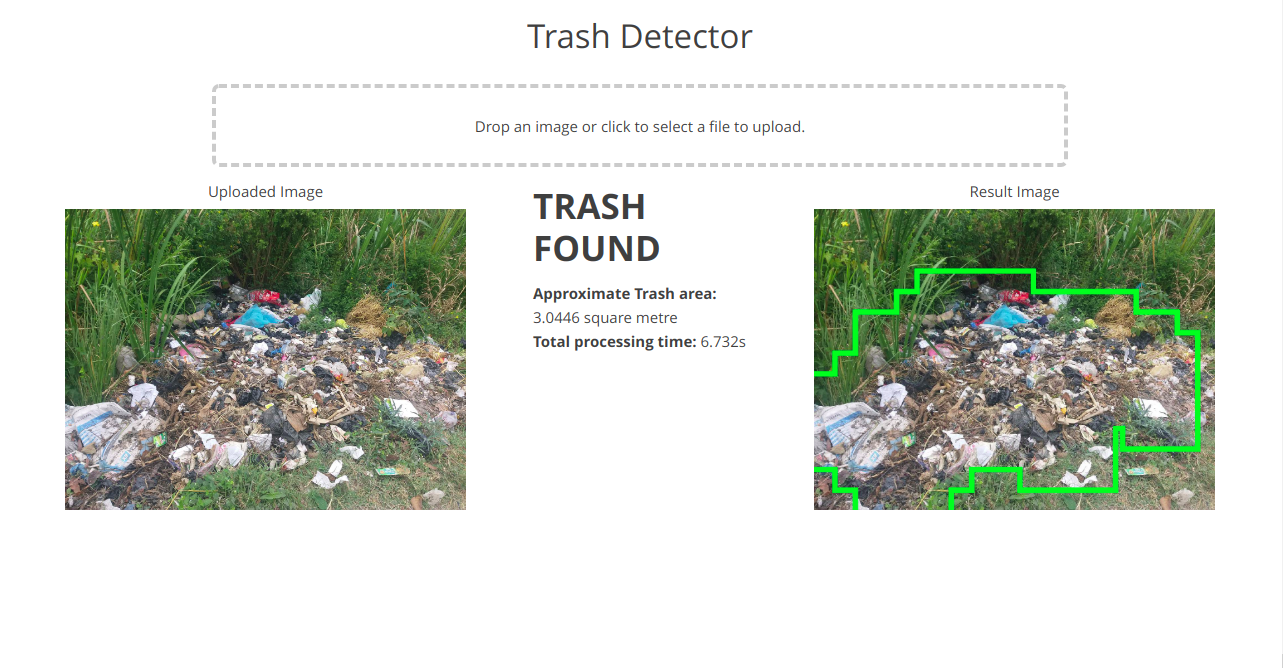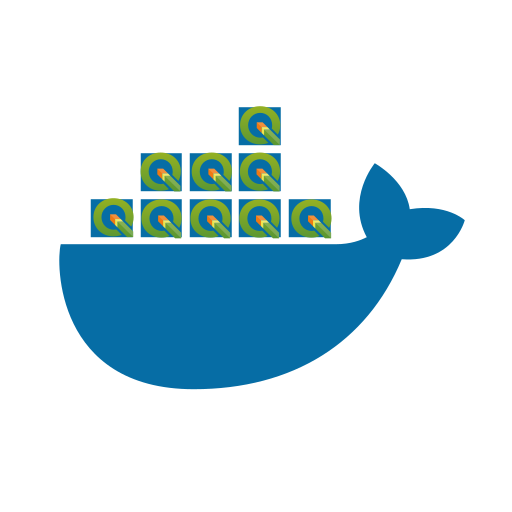
Climate Action Hackathon
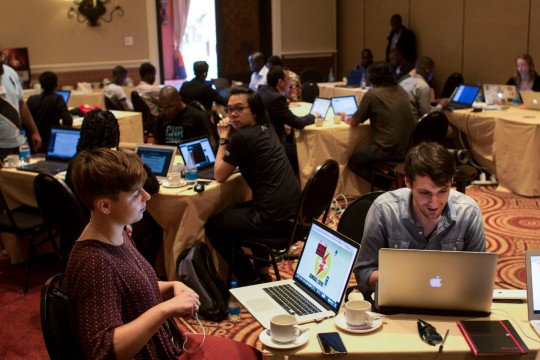
The Last Mile
That was the buzzword for the hackathon carrying a meaning that after all the years of collecting, organizing and storing climate data, it is now time for technology to make use of them and provide cutting edge applications.
The United Nations Development Programme (UNDP) launched this for the application developers to create new web or mobile applications that serves weather data in areas trying to adapt to climate change in the region.
Under the UNDP programme called Climate Information for Resilient Development in Africa (CIRDA), software developers were invited to Livingstone, Zambia to participate in the hackathon.
The developers formed teams to create prototypes, mobile and information-system-based applications and technological solutions that shares actionable weather and climate information to a variety of stakeholders, sectors and end-users.
As a result different applications, platforms and proof of concepts prototypes were built, see the full list here.
I had a chance to participate in the hackathon, it was wonderful to meet people who have been working on climate data. There were so much data with variety supplied by different climate change stakeholders, it was interesting challenge to be part of a group that was working on coming up and building useful tools around the gathered climate data.
As part of a development team of four, we collaboratively built ClimateFrame, a framework aimed at enabling regional experts to effectively communicate their knowledge with local communities.
The ClimateFrame framework allow regional experts to define and automate actions—such as sending alerts or messages—based on specific events in live datasets. By bridging fragmented data sources with local expertise, it enables the creation of communication systems that inform and protect vulnerable communities.
For example, an expert can select relevant datasets, set conditions for triggering alerts, and deliver messages via text or ASCII art to subscribed users when certain thresholds are met. This approach simplifies the process of turning complex data into actionable, localized insights.
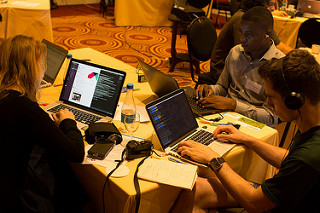 ClimateFrame group on action
ClimateFrame group on action
Other Groups on Action
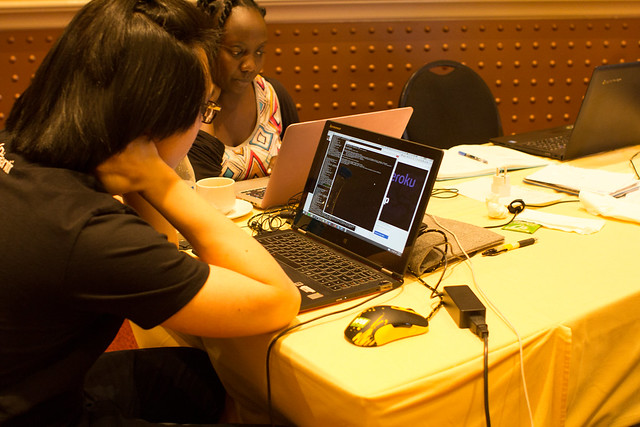
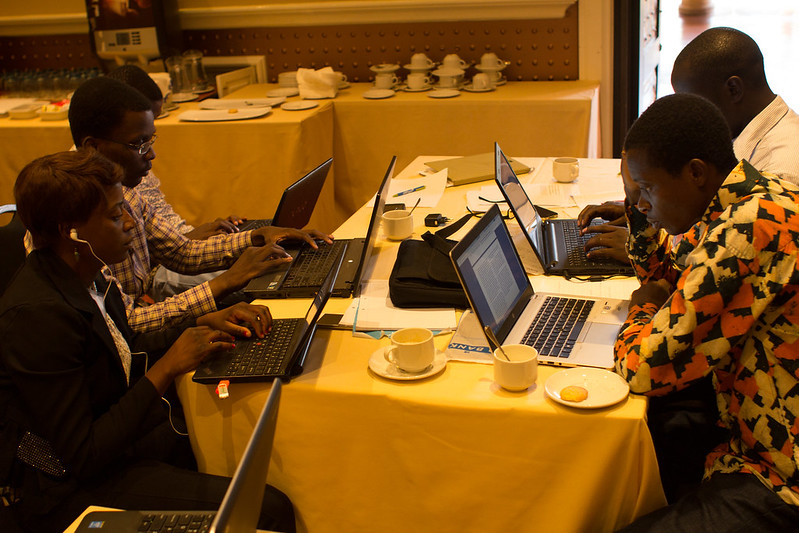
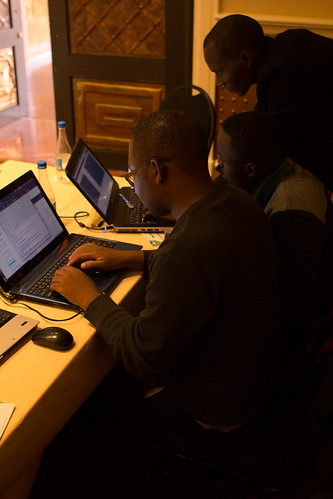
Presenting Partners
The CIRDA Programme UNDP’s Programme on Climate Information for Resilient Development in Africa (CIRDA) supports Climate Information and Early-Warning Systems Projects in 11 of Africa’s Least Developed Countries in their missions to save lives and improve livelihoods. By building capacity to issue extreme weather warnings, sharing new technological advances in weather monitoring and forecasting, and facilitating innovative partnerships with the private sector, the programme works to foster regional cooperation, support strong institutions and build resiliency to climate change.
The Brown Institute for Media Innovation The Brown Institute was established in 2012 by a gift from Helen Gurley Brown, long time editor of Cosmopolitan Magazine, in honor of her late husband David Brown, a filmmaker producing works like Jaws and Driving Miss Daisy. The Institute is a bi-coastal collaboration between Stanford’s School of Engineering and Columbia’s Graduate School of Journalism. Its mission is to sponsor thinking, building and speculating about how stories are discovered and told in a networked, digitized world.
The International Research Institute for Climate and Society (IRI) IRI was established in 1996 by the U.S. National Oceanic and Atmospheric Administration (NOAA) and Columbia University as the world’s first international institute with a mission to apply climate science in the service of society. IRI uses a science-based approach to enhance society’s capability to understand, anticipate and manage the impacts of climate in order to improve human welfare and the environment, especially in developing countries.

